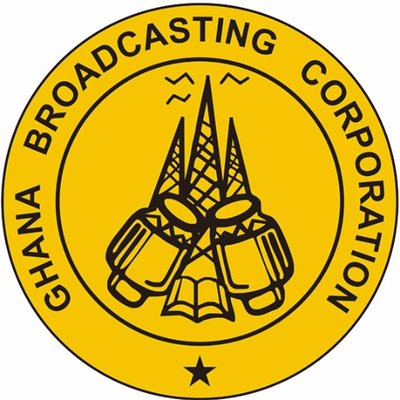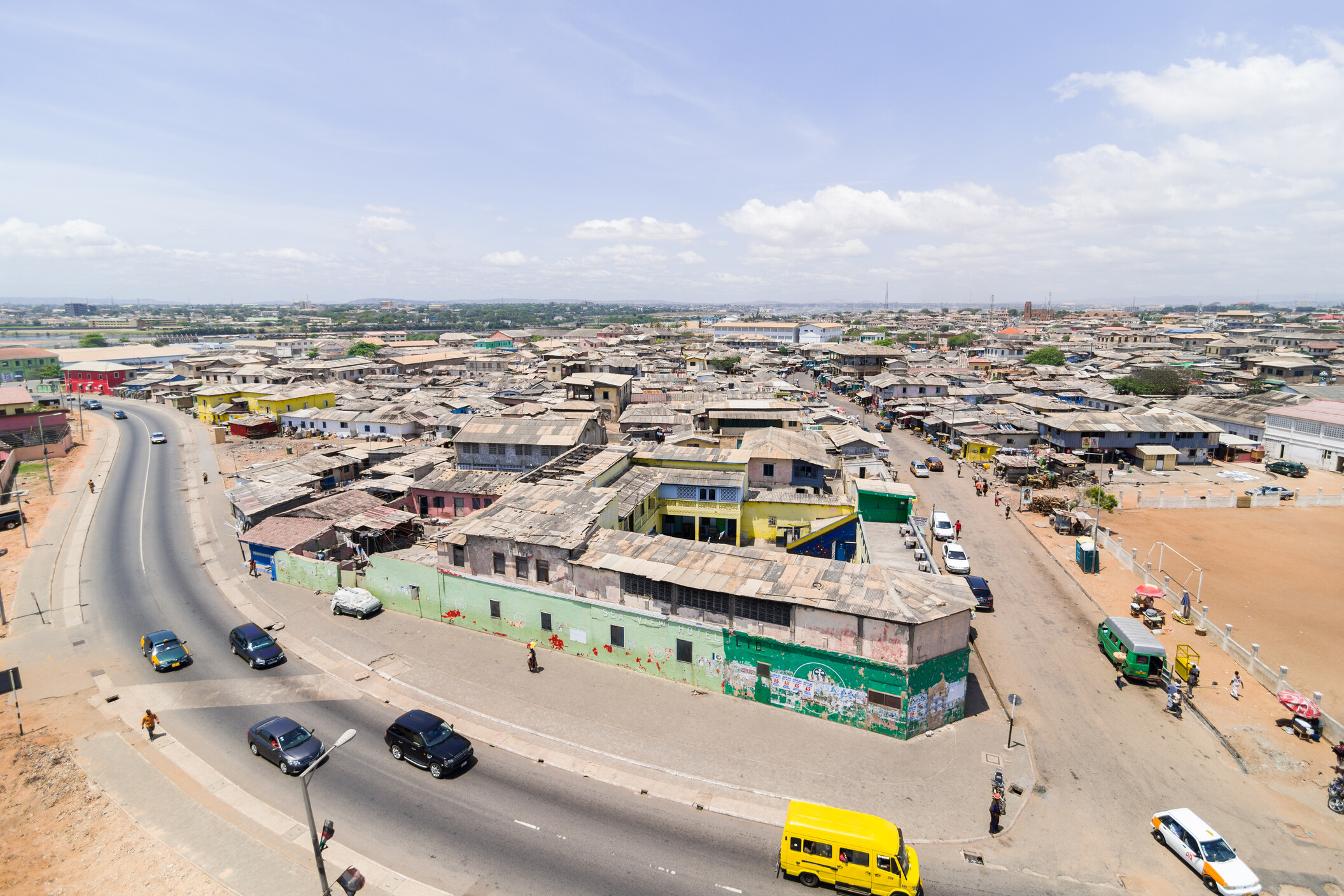GBC ordered to reduce channels by half
The Ghana Broadcasting Corporation has been sent a directive from the Ministry of Communications ordering it to reduce the number of channels it operates on the national Digital Terrestrial Television (DTT) platform.
 In a letter addressed to the Director-General of GBC, Professor Amin Alhassan, Communications Minister Ursula Owusu-Ekuful instructed the broadcaster to shut down three of its six channels and “consolidate” its programming “to ensure that there is redundancy on the National DTT platform”, which she claims is “currently at full capacity.” The letter, dated 26 June, was sent a day after a virtual meeting took place between GBC and the Communications Ministry.
In a letter addressed to the Director-General of GBC, Professor Amin Alhassan, Communications Minister Ursula Owusu-Ekuful instructed the broadcaster to shut down three of its six channels and “consolidate” its programming “to ensure that there is redundancy on the National DTT platform”, which she claims is “currently at full capacity.” The letter, dated 26 June, was sent a day after a virtual meeting took place between GBC and the Communications Ministry.
The Communications Minister claimed that the move will ensure sufficient space for national security broadcasts and alerts. She added that, having discussed it with the Ministry of Information, it would be possible for GBC to transmit its various programme offerings more efficiently since other stations in the country were broadcasting on one channel each.
In her letter, Owusu-Ekeful also admitted that there was a delay in completing the country’s digital switchover process due to cost implications on broadcasters and “uncertainties generated in the global supply chain” due to COVID-19. But she assured that once this process was finalised, GBC would be allocated additional channels.
The public broadcaster is now required to reduce the number of channels within 60 days of receiving the notice. But GBC states that it is unable to respond to the directive because each of the channels it currently operates, which includes GTV, GBC News, GTV Sports Plus, Obonu TV, GTV Life and Ghana Learning TV, provide a specific public service and therefore cannot be removed. For instance, Obonu TV is an exclusive regional channel that promotes the Ga-Dangbe language and culture. Meanwhile, Ghana Learning TV provides educational content to school children across all 16 regions. The channel was launched in April in partnership with the Ministry of Education, Ghana Education Services and Multichoice Ghana when schools were closed due to the COVID-19 pandemic.
In a letter to the Chairman of the National Media Commission requesting urgent intervention on behalf of the broadcaster, DG Professor Alhassan wrote: “This request will also impose serious budgetary and human resource challenges on the operations of GBC and indeed, can collapse the Public Service Broadcaster.” According to Broadcast Media Africa, industry experts warn that GBC’s local production content may be heavily at risk. In May, the Director-General responded to complaints about the quality of GBC’s operations by addressing the financial burdens it faces. He said, “Public Service Broadcasting is expensive and without a sustainable funding scheme there will be challenges as you have observed.” He compared GBC’s funding to the likes of other public broadcasters such as the BBC, which in his opinion, “are funded through TV Licence fees to enable them [to] function effectively…”. In recent years, there has been strong opposition against paying for GBC’s mandatory TV licence fee.
Speaking on Joy FM’s Super Morning Show on Thursday, Minority Spokesperson on Communication, Sam George disputed Owusu-Ekeful’s reasons for the directive, explaining that government information was already broadcast on GBC via GTV. He questioned whether the Communications Minister had the authority to instruct the GBC to shut down three of its channels and if this was yet another example of “state capture” by enabling media outlets owned by affiliates of Ghana’s ruling party to benefit from freed up capacity on the DTT platform. He added that the switch from analogue to digital should have been completed in 2017 and that the directive should have come from the Ministry of Information, which oversees GBC’s operations, and not the Ministry of Communications.
Related Posts
7th July 2020
COVID-19: Amplifying the threats to public media
From political interference to funding…

